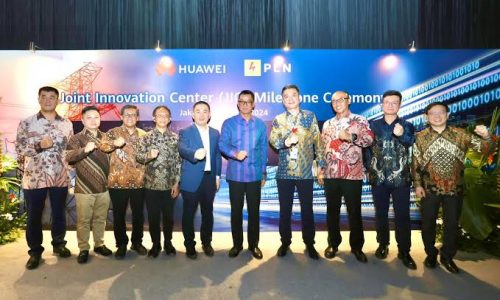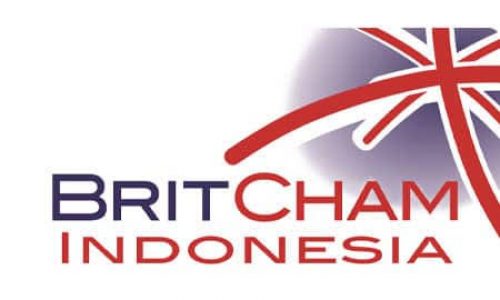The surge of imported retail products through market platforms or social media (social commerce) is causing concern among micro, small, and medium-sized enterprises (MSMEs).
One of the issues that MSMEs are currently focusing on is Project S TikTok Shop. This project is suspected to be used by the Chinese social media company to collect user data and generate analysis on popular products in a country, including Indonesia, which are then produced in China.
Hermawati Setyorinny, the General Chairperson of the Indonesian Association of MSME Industries (Asosiasi Industri UMKM Indonesia – AKUMANDIRI), expressed growing concerns because there is currently minimal government protection for cross-border trade practices, especially transactions conducted through social commerce platforms.
“Most MSMEs are aware of and have heard about Project S. They do not understand what kind of protection they should receive from the government. For MSMEs, the main focus is on selling,” Hermawati said.
Cross-border trade benefits foreign traders
Cross-border trade practices are seen as only benefiting foreign traders who offer products at very low prices and target potential markets in Indonesia.
Furthermore, small-value cross-border purchases are exempted from import duties.
This is different from the common import practices of local traders who usually import goods in large quantities to sell to consumers.
Through this kind of imports, imported goods will be processed through customs procedures, and will provide contribution to the country’s revenue through taxes and duties.
Amin Ak., a member of the House of Representatives Commission VI from the Prosperous Justice Party (PKS) faction, believes that cross-border trade practices will harm MSMEs.
He added that MSMEs still requires assistance, strengthening, and protection against the influx of imported products.
Amin cited data from Bank Indonesia in 2022, which stated that the value of e-commerce transactions in Indonesia reached IDR 476.3 trillion. “Out of that value, IDR 428.67 trillion or 90 percent is enjoyed by foreign producers, especially from China,” he said.
Cross-border trade practices, particularly through social commerce platforms, he said, creates a challenge in relation to unbalanced regulatory absence which presents disadvantages to local MSMEs.
“It would be a shame if this continues to be allowed, even though we know that MSMEs are the backbone of the national economy, employing 97 percent of the workforce. As many as 65 million MSME players contribute to 60.3 percent of the national gross domestic product (GDP),” said Amin.
Protection efforts through regulation
In response to the concerns raised by local MSMEs, the government is currently making efforts to revise Minister of Trade Regulation No. 50 of 2020 regarding Business Licensing, Advertising, Development, and Supervision of Business Players in Electronic Trading.
The revision is expected to regulate the protection of micro, small, and medium-sized enterprises (MSMEs) from the negative impact of cross-border marketplace trade.
One way to do this is by controlling the dominance of imported products from China on local market platforms or social commerce.
Moreover, there are reports of the planned launch of Project S by TikTok Shop, which could threaten the existence of local MSMEs.
Isy Karim, the Director-General of Domestic Trade at the Ministry of Trade, stated that discussions on the revision of Minister of Trade Regulation No. 50 of 2020 are ongoing to promote control over imported goods sold on local market platforms.
One of the ideas, he said, is to limit the transaction value of goods that can be sold electronically across borders, which would cover all online platforms, including TikTok Shop.









